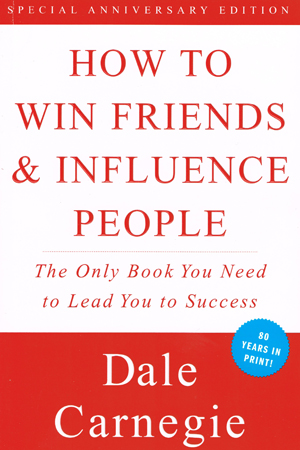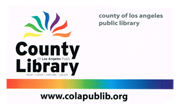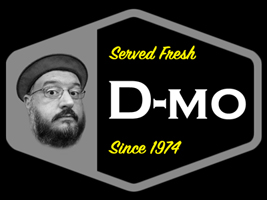


| 
|
 |
Book 3 in the Club is, what could quite possibly be considered, the very first successful self-help book.  How to Win Friends & Influence People
How to Win Friends & Influence Peopleby Dale Carnegie How I came upon this book As I was cruising through the book section at Target (who do seem to have the largest selection of books in a store that isn't a "bookstore"), the plain cover caught my eye. I have always heard about this book through the years, imagining that it was read by the robber barons of the 1930's to get ahead in life. Though I never sought it out, there it was, on the shelf in front of me. I read a few pages and I liked the breezy, conversational tone. Into the cart it went. The gist of it Dale Carnegie, no relation to Andrew, learned of a study that was conducted where adults were asked what they wanted to learn about. The second most common answer, behind staying healthy, was "how to understand and get along with people." Since there was not anything on the market to fill that need, Dale created a program, and this book, to address that demand. In a nutshell, the key to winning friends and influencing people is to not be an asshat. Beyond just telling us that bit of obviousness, Carnegie lays out the best way on how not to be said asshat, with concepts that range from the simple (Smile) to the more cerebral (Be hearty in your approbation and lavish in your praise). My thoughts I really liked this book. After just a few chapters in, I found myself subconsciously applying the techniques I was learning about into my everyday goings-on, resulting in a little more positivity in my life. In reality, the book isn't saying anything revolutionary (it might have been in the 40's), but it still felt fresh somehow, even today. It all seemed supremely logical and full of good, old-fashioned common sense. Reading it was akin to hitting a reset button for how I should interact with people. The one knock that I had with the book is that it's repetitive. However, that is by design. In the beginning, Carnegie even tells you to read a chapter, then re-read it before moving on. Each chapter is loaded full of examples related to that topic, provided by people who attended Dale's courses, and after a while, you're thinking, "Ok, I got it!" But that's a personal preference. For some, they may need the extra drilling for the point to sink in. The best thing about this book is that while you are being taught to, more-or-less, manipulate a situation to reach a satisfactory resolution, at no point are you told to try manipulating a person. Dale actually calls that out in the book. The sincerity of the interaction between you and another is what makes this all work. When you genuinely try to connect with a person, and not be a dick, good things happen. If you try to manipulate a person, like a huckster trying to shill something, that'll eventually lead to failure and a lost connection. It's a subtle difference, but the goal is not to sell someone on an idea or product (or yourself); the goal is to connect with someone to the point where they are willing to buy in without coercion. Being truly interested in another person is where success lies. The verdict This is a book that I'm glad to have in my library. I can see myself picking this up and re-reading it every so often as a refresher to stay true to the wonderful ideas in the book. Again, this book isn't re-inventing the wheel, but it may have been the instruction manual for the original (there's imagery for you). If you are a person that deals with people at all (so pretty much everyone), this is a book you should read to get comfortable with interacting with them. Who knows, if everyone read this book, maybe the world would be a little less angry. One a scale of 1-4 Library Cards, How to Win Friends & Influence People gets:    |
  Thanks for visiting. Love, Demosthenes Spiropoulos |